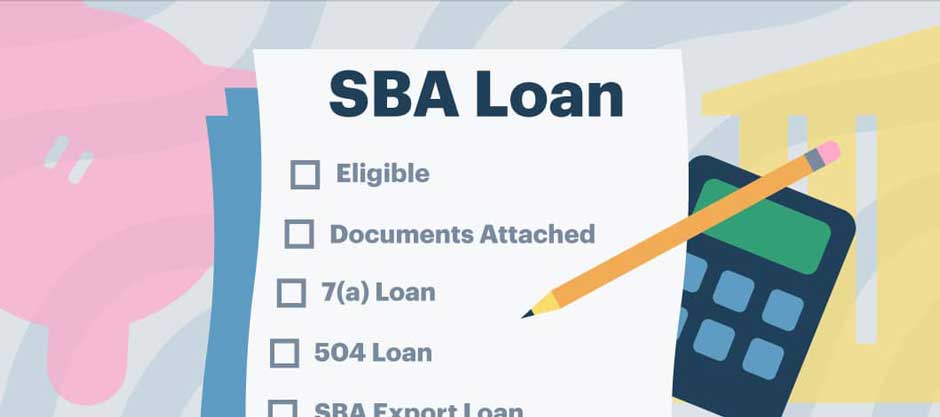When it comes to financing your business, securing the necessary funds can be a significant hurdle. However, with the Small Business Administration (SBA) and their range of loan programs, you can find the financial support you need to fuel your entrepreneurial dreams.
In this comprehensive SBA Loan Guide, we will explore the different funding solutions available through the SBA and provide you with valuable insights to navigate the application process successfully.
What are SBA Loans?
SBA loans are financial products offered by the Small Business Administration, a government agency aimed at supporting small businesses in the United States. These loans are not provided directly by the SBA but are offered through partnering financial institutions, such as banks and credit unions. The SBA acts as a guarantor, reducing the risk for lenders and making it easier for small businesses to access capital.
Types of SBA Loans
- a) 7(a) Loans: The most common SBA loan program, offering funding for general business purposes, including working capital, equipment purchases, and refinancing existing debt.
- b) CDC/504 Loans: Primarily used for real estate and equipment financing, this program provides long-term, fixed-rate loans to support business expansion and job creation.
- c) Microloans: Ideal for small businesses and startups needing smaller loan amounts, typically ranging from a few thousand dollars to $50,000.
Applying for an SBA Loan
Eligibility Criteria
To qualify for an SBA loan, your business must meet certain eligibility requirements, including being a for-profit entity, operating within the United States, and meeting the SBA’s size standards. Additionally, you will need to demonstrate good character, sound financial management, and the ability to repay the loan.
Gather Required Documents
When applying for an SBA loan, be prepared to provide documentation such as your business plan, financial statements, tax returns, and personal background information. Having these documents ready and organized will streamline the application process.
Choosing the Right Lender
Research different lenders in your area that offer SBA loans and compare their terms, interest rates, and customer reviews. Building a strong relationship with a trusted lender can significantly increase your chances of approval and create a long-term partnership for your business’s financial needs.
Benefits of SBA Loans
Lower Interest Rates
SBA loans often come with lower interest rates compared to traditional loans, reducing your overall borrowing costs and improving your business’s cash flow.
Longer Repayment Terms
These loans offer longer repayment terms, enabling you to manage your monthly payments more effectively and providing flexibility during periods of financial fluctuation.
Easier Qualification
Since the SBA guarantees a portion of the loan, lenders are more willing to provide financing to small businesses that may not meet conventional lending criteria. This increases your chances of approval, even with limited collateral or a less established credit history.
Conclusion
The Small Business Administration’s loan programs can be a game-changer for entrepreneurs seeking funding solutions to drive their business’s success. With lower interest rates, longer repayment terms, and increased accessibility, SBA loans provide the necessary financial boost to start or expand your venture.
By understanding the various types of SBA loans, completing the application process diligently, and partnering with the right lender, you can unlock the funds needed to turn your business dreams into reality.
Remember, navigating the world of SBA loans may seem daunting, but with determination and the right resources, you can access the funding necessary to propel your business forward. Embrace the opportunities offered by the SBA and embark on a path towards entrepreneurial success.

